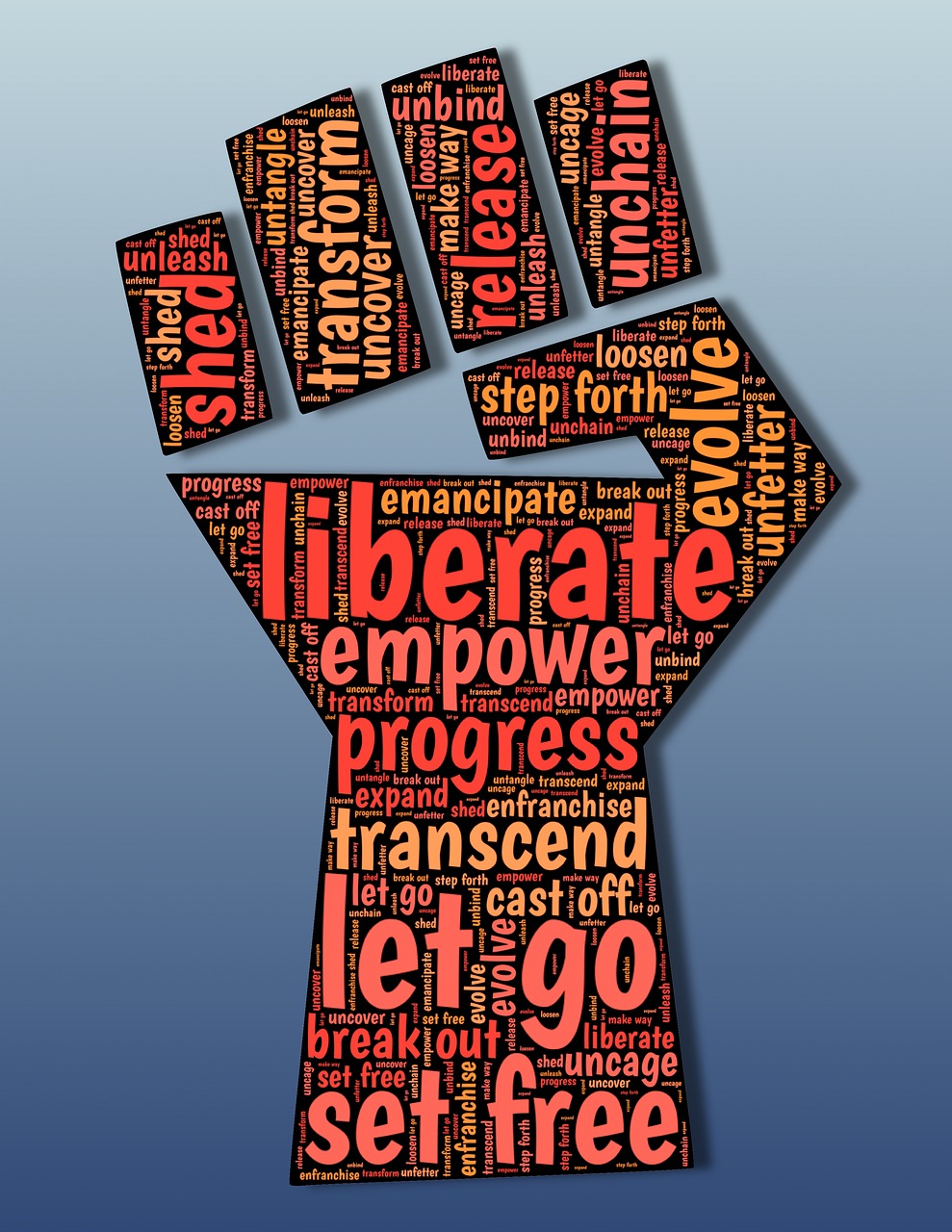Democracy is often hailed as the epitome of good governance, emphasizing the importance of citizen participation, freedom of expression, and the protection of individual rights. However, it is crucial to recognize that democracy, like any other system, is not without its flaws and shortcomings. One such flaw is the potential for the abuse of power and the concentration of power in the hands of a few. Therefore, it becomes imperative to closely monitor democracy to ensure that it remains accountable, transparent, and representative of the people it serves. In this essay, we will explore the arguments for and against the tight monitoring of democracy, highlighting the potential risks and benefits associated with such an approach.
One of the primary reasons why democracy should be tightly monitored is the possibility of the abuse of power by elected officials. Without proper monitoring, there is a risk that those in power may become corrupt and prioritize personal gain over the welfare of the people. History has shown numerous instances of elected officials engaging in bribery, embezzlement, and other forms of corruption, leading to widespread disillusionment and a loss of faith in democratic institutions. By implementing strict monitoring mechanisms, such as robust anti-corruption measures and independent oversight bodies, the potential for abuse can be minimized, ensuring that those in power are held accountable for their actions.
Another argument for tight monitoring of democracy is the need to prevent the concentration of power in the hands of a few. In an unchecked democratic system, there is a risk that certain individuals or groups may accumulate excessive power, leading to a distortion of the democratic process. This concentration of power can result in decisions that favor the interests of the few at the expense of the majority. By closely monitoring democracy, through mechanisms such as regular elections, separation of powers, and checks and balances, the risk of power concentration can be mitigated, ensuring a more equitable and representative system of governance.
Furthermore, the erosion of democratic institutions is a significant concern that necessitates tight monitoring of democracy. Without proper checks and balances, democratic institutions, such as the judiciary and the media, can be undermined, leading to a weakening of the democratic fabric. This erosion can result in a loss of faith in the system and the rise of authoritarian tendencies. By closely monitoring democracy, through mechanisms such as an independent judiciary, a free press, and a vibrant civil society, the integrity of democratic institutions can be preserved, safeguarding the principles of democracy.
However, proponents of a less monitored approach argue that democracy allows for the voice and participation of the people. They contend that excessive monitoring can restrict the freedom of expression and citizen participation, stifling grassroots movements and civil society organizations. Moreover, they argue that monitoring can discourage political engagement, as citizens may feel that their voices are not heard or that their participation is futile. While these concerns should not be dismissed, it is crucial to strike a balance between monitoring and ensuring the meaningful participation of citizens, as both are essential for a healthy democracy.
Another counter-argument against tight monitoring of democracy is that it promotes transparency and accountability. Proponents of this view argue that excessive monitoring can create a culture of suspicion and distrust, leading to an erosion of public trust in democratic institutions. Furthermore, they argue that monitoring can result in excessive bureaucracy and red tape, impeding the decision-making process and hindering progress. While transparency and accountability are indeed crucial, it is essential to strike a balance between monitoring and the efficient functioning of democratic processes to ensure effective governance.
Lastly, critics of tight monitoring argue that democracy allows for the correction of mistakes through elections. They contend that excessive monitoring can undermine the will of the people and lead to interference and manipulation of the electoral process. Additionally, they argue that monitoring can limit the choices available to the electorate, impeding the democratic principle of choice and representation. While the importance of elections cannot be understated, it is vital to ensure that the electoral process is fair, transparent, and free from manipulation, which may require some level of monitoring.
In conclusion, while democracy is an invaluable system of governance, it is not immune to abuse, policy instability, and the marginalization of certain groups. Therefore, it is crucial to closely monitor democracy to mitigate these risks and safeguard the principles of accountability, transparency, and representation. Nonetheless, it is essential to strike a balance, ensuring that monitoring does not unduly restrict the participation of citizens or undermine the core tenets of democracy. By finding this balance, we can strive towards a more robust and inclusive democratic system that truly represents the will and interests of the people.
